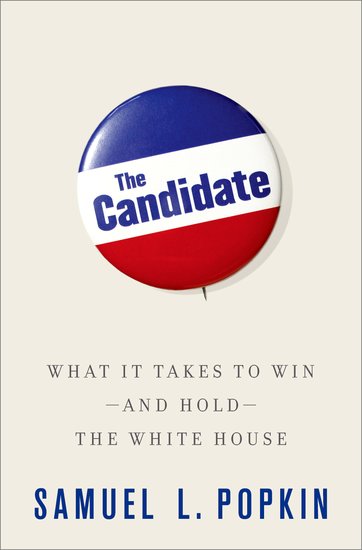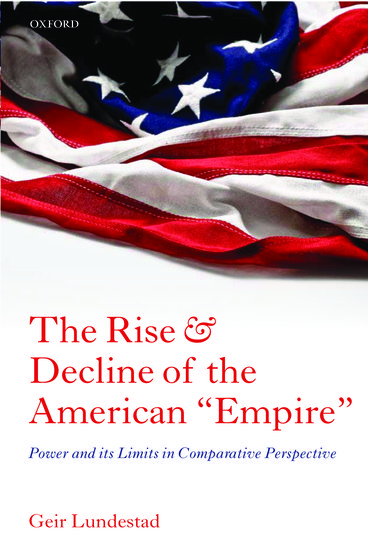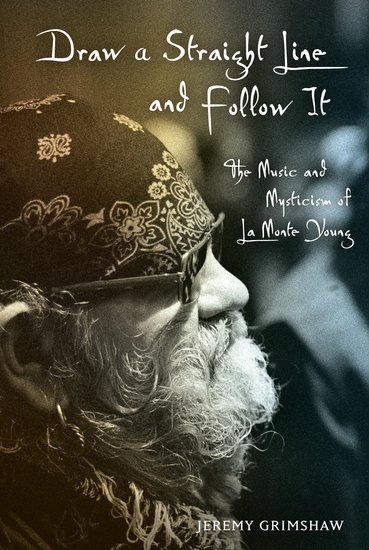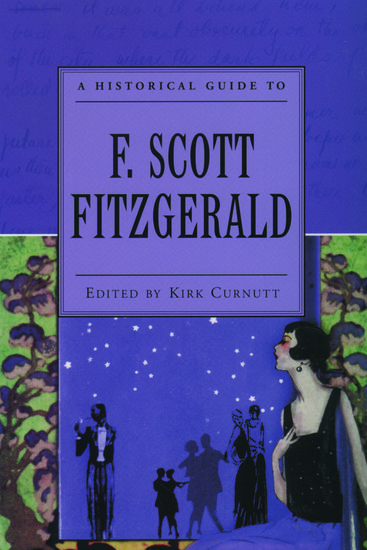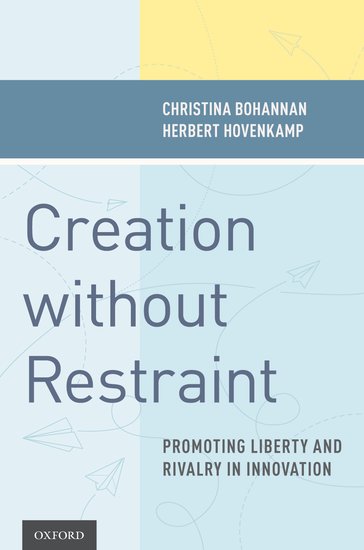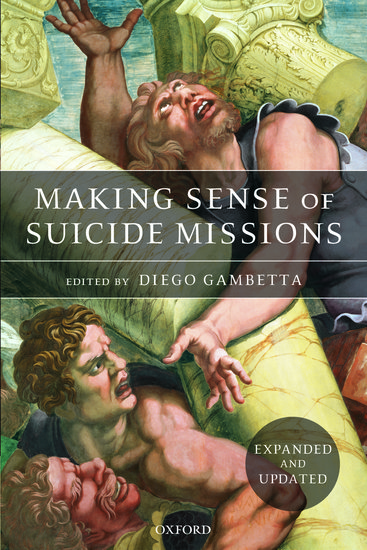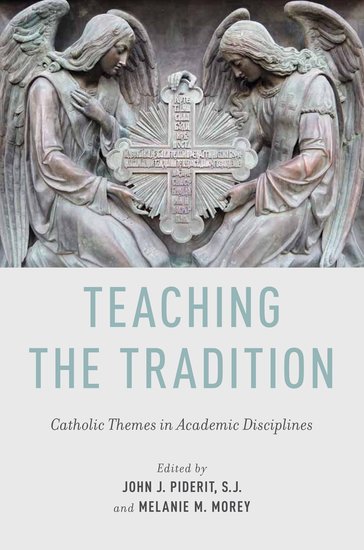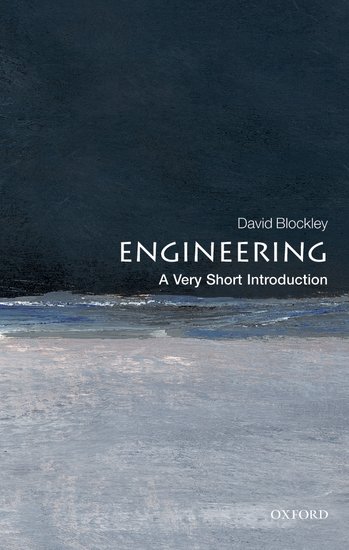How will Mitt Romney fare in the general election?
Rick Santorum suspended his presidential campaign yesterday and the air in America is abuzz with what will happen next in the Republican nomination race. We sat down to chat politics with Sam Popkin, author of the upcoming The Candidate: What It Takes to Win – and Hold – the White House. We asked how Mitt Romney will fare in a general election and why he has been underestimated as a candidate.







